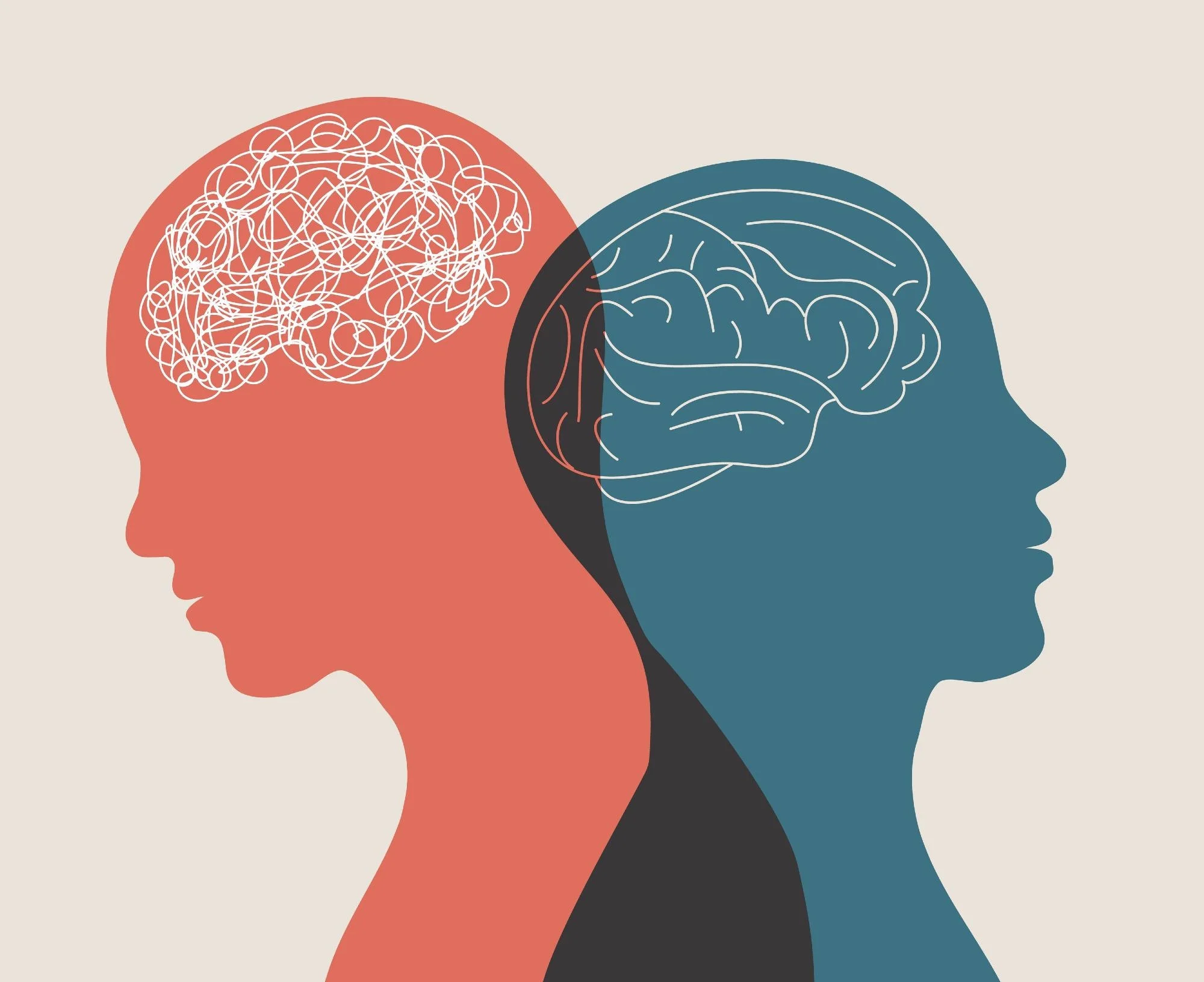The Benefits of Massage for Mental Health
Introduction
Massage therapy has long been known for its physical benefits, such as improving circulation and reducing muscle tension. However, in recent years, there has been increasing recognition of the mental health benefits of massage. Research has shown that massage can be an effective complementary therapy for individuals struggling with mental health conditions, such as depression, anxiety, and post-traumatic stress disorder (PTSD). In this article, we will explore the benefits of massage for mental health and how it can be used to improve emotional well-being.
The Science of Massage and Mental Health
Massage has been shown to have a direct impact on the body’s stress response, which can have a positive effect on mental health. When the body experiences stress, it releases the hormone cortisol, which can contribute to feelings of anxiety and depression. Massage has been shown to reduce the levels of cortisol in the body, leading to decreased stress and improved mood.
In addition, massage can increase the levels of neurotransmitters such as serotonin and dopamine in the body. These neurotransmitters are associated with feelings of happiness and well-being, and low levels have been linked to depression and anxiety. By increasing the levels of these neurotransmitters, massage can improve emotional well-being and reduce symptoms of mental health conditions.
Benefits of Massage for Depression and Anxiety
Massage has been shown to be effective in reducing symptoms of depression and anxiety. In a 2010 study published in the Journal of Clinical Psychology, participants who received massage therapy showed a significant reduction in symptoms of depression compared to a control group. Another study published in the Journal of Alternative and Complementary Medicine found that massage was effective in reducing symptoms of anxiety in individuals with generalized anxiety disorder.
Massage can also help to improve sleep, which is often disrupted in individuals with depression and anxiety. A 2005 study published in the Journal of Psychosomatic Research found that massage improved sleep quality and decreased sleep disturbances in patients with generalized anxiety disorder.
Benefits of Massage for PTSD
Post-traumatic stress disorder (PTSD) is a mental health condition that can develop after experiencing or witnessing a traumatic event. Symptoms of PTSD can include flashbacks, nightmares, and severe anxiety. Massage has been shown to be an effective complementary therapy for individuals with PTSD.
A 2018 study published in the Journal of Traumatic Stress found that massage therapy reduced symptoms of PTSD in veterans. Another study published in the Journal of Clinical Psychology found that massage was effective in reducing symptoms of PTSD in women who had experienced domestic violence.
Choosing a Massage Therapist
If you are considering massage therapy as a complementary therapy for a mental health condition, it is important to choose a qualified and experienced massage therapist. Look for a licensed massage therapist who has experience working with individuals with mental health conditions. You may also want to consider a therapist who specializes in a particular type of massage, such as Swedish or deep tissue, depending on your individual needs and preferences.
Conclusion
Massage therapy can be a valuable complementary therapy for individuals struggling with mental health conditions, such as depression, anxiety, and PTSD. By reducing stress, increasing neurotransmitter levels, and improving sleep, massage can improve emotional well-being and reduce symptoms of these conditions. If you are considering massage therapy, be sure to choose a qualified and experienced therapist who can tailor their services to your individual needs and preferences.
